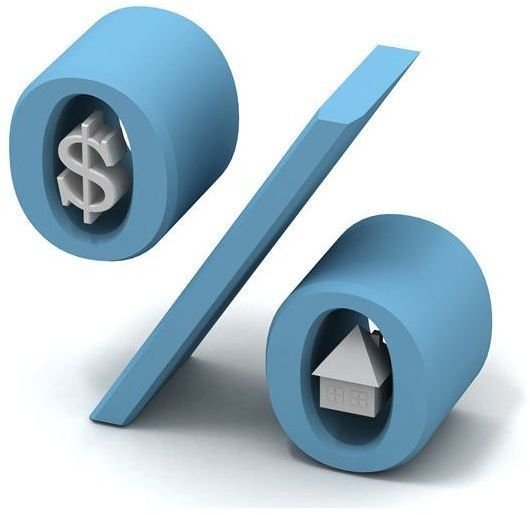How to Set Prices for Your Business Services
Understanding How to Research Your Business Market
Deciding on a price for your products and services is vital for the profitability and longevity of your business. Before you can properly set prices for your business, you will need to research your target market. This can be done by using surveys to gather demographic information about your target market’s location, annual income and other pertinent information necessary to obtain the consumers need for your products or services. With this information, you can determine a price that is fair for both your business and the potential customer. You will need to study the prices of your competitor as well. If you are a web designer, for example, you will need to research several profitable web designing companies to determine if the services they offer are similar to that of your business and the rates they charge for those services.
Let’s say you are starting a business selling fragrant oils. You will need to research and analyze the price for those same oils – including ounces, packaging and the shipping cost your competitor charges. Consumers look for bargains and they will research several competitors who offer the same or similar products at a price that is right for them. This is why it is imperative that you spend time researching your business service or product prior to setting your final price.
Pricing Options
There are several options to use to set prices for your business:
- Flat rate which will include repetitive services. This is often used by freelance writers and graphic designers.
- Hourly rate which is the most common option reserved for businesses that offer services such as independent contractors and other services that require hourly labor.
- Full day or half a day – This often used by consultants, trainers or onsite workers.
- By weight or demand – This is most commonly used for businesses who sell products.
- Based on labor and overhead costs – This includes rent, telephone bills, office supplies, advertising and other ongoing expenses that are required to run your business.
- By the head – This is often used by public speakers for seminars, the price is set based on the number of attendees.
- Retainer fee – A contractual agreement between you the business owner and the client utilizing your services. This is an agreement which both parties agree on a set price for a specific amount of hours.
Value Your Business
Starting a business is often costly. Lawyer fees, permits, licensing, supplies, insurance and a host of other financial obligations must be taken into consideration when placing a value on your business. By pricing your business services and products at a competitive price you will create a stable business plan for your business to thrive for years to come.
